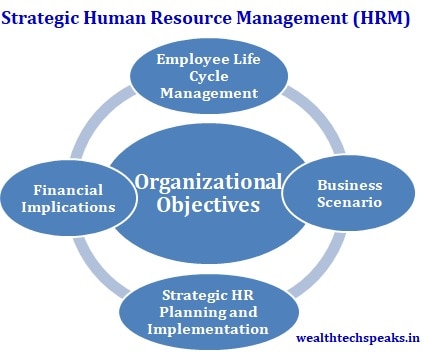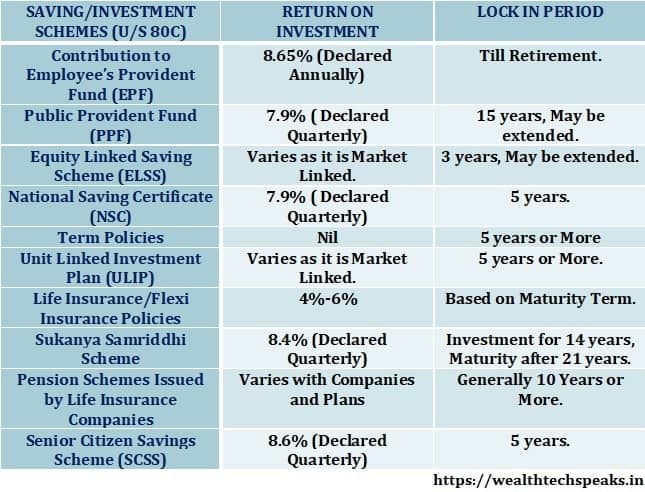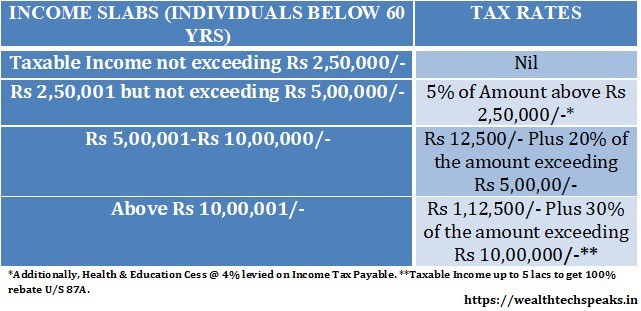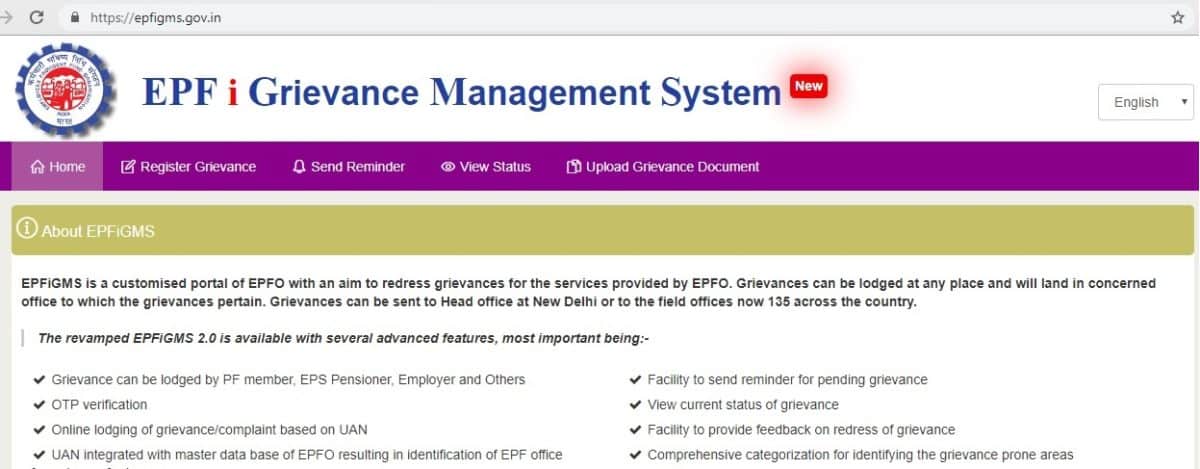Income from Salaries: Tax Implications
- Posted By Amritesh
- On August 28th, 2016
- Comments: 11 responses
“Salary” is any remuneration paid by an employer to the employee in lieu of the service provided by him/her. Salary may include monetary and non monetary benefits which are taxable as per the Income Tax Act. Any payment made by the employer to employee in lieu of service is chargeable to tax. Salary has a much wider meaning for taxation purpose than it is normally understood. Income from Salaries comprises of various components and we will discuss the tax implications on the same.
Salary includes;
Wages
Fees, Commission, Perquisites or Profits in Lieu of Salary
Advance Salary
Leave Encashment
Fund transferred from Unrecognized Provident Fund to Recognized Provident Fund
Compensation due to variation in Service Contract
Contribution to Recognized Provident Fund in excess of prescribed limit by the respective employer.
Contribution to Notified Pension Scheme by the Central Government to an account of an employee.
Gratuity
Annuity or Pension Fund
Income from House Property: Tax Implications
Income from Other Sources: Tax Implications
Income from House Property: Tax Implications
Income from Other Sources: Tax Implications
Condition need to satisfied for the “Income” to qualify as “Salary”
Employer-Employee Relationship: Any income can only be taxed under the head “Salaries” if there is employee-employer connection, between the payer and the payee.
Part-time or Full time Employment: Once the employer-employee relationship is established it does not matter whether a person is employed on part time or full time basis. The income will be charged under the head “Salaries.
Forgoing of Salary: Even if an employee forgoes his/her salary post accrual, it does absolve the employee from his/her liability to Income tax.
Surrender of Salary: If an employee choses to surrender his/her salary to the Central Government, then the salary so surrendered will be exempt from computation Income Tax.
Basis of Charge (Section 15)
Salary is chargeable to tax either on “due” or “accrual” basis subject to whichever occurs earlier.
Salary paid in advanced is chargeable to tax, in the year of payment and cannot be taxed again when it is actually due.
Salary paid in arrears is already taxed on due basis and cannot be taxed again when it is being paid. However, in some cases might be charged on receipt basis.
Salary or Arrears allowed to Employee from his/her present of former employer/s in the previous year but not charged to tax, is liable to tax in the current year.
Place of Accrual of Salary (Section 9 (1) (ii))
Salary is deemed to accrue at the place where the service is rendered and not the place where it is received, thus is taxable accordingly.
Loan against Salary
Loan availed by an employee from his/her employer cannot be charged to tax under the head “Salaries”.
Leave Encashment
Leave encashed while in service is chargeable to tax. However, Leaves encashed at the time of superannuation is exempted from tax.
Salary from United Nation Organisation (UN)
Salary received from service rendered to United Nations is exempted from Tax under United Nations (Privileges and Immunities Act,1947).
Types of Allowances and Tax Implications: Income from Salaries
Allowances | ||
Fully Taxable | Partly Taxable | Fully Exempt |
1.)Basic Allowance 2.)Dearness Allowance 3.)City Compensatory Allowance 4.) Fixed Medical Allowance 5.) Overtime Allowance 6.) Interim Allowance 7.) Servant Allowance 8.) Project Allowance 9.) Cash Allowance 10.) Non Practicing Allowance 11.) Food Allowance 12.) Entertainment Allowance (exempted upto Rs 5,000 for Govt employees) | 1.) Conveyance Allowances (exempted upto Rs 1,600 per month) *(Exemption withdrawn from Financial Year 2018-2019) 2.) House Rent Allowances (least of following: Actual HRA Received, Rent paid less 10% of Basic plus DA (If provided), 40% of Salary (50% for Delhi, Kolkata, Chennai and Mumbai) 3.) Children Education Allowance (Rs 100 per month for maximum of 2 children, if children are staying in hostel for studies additional Rs 300 per month is allowed) | 1.) Allowances Granted to Employees Outside India 2.) Sumptuary Allowances granted to High/Supreme Court Judges 3.) Compensatory Allowances received by Judges |
*Please note that Conveyance Allowance and Medical Reimbursement tax exemption has been withdrawn in lieu of Standard Deduction of Rs 40,000/-.
Following allowances are exempted subject to actual expenses incurred:
Allowances paid to meet the cost of business related tours and travels.
Allowance granted to meet the cost of maintenance of uniform required when on official duty.
Research or Training Allowance granted in Academic Institution.
Perquisites: Income from Salaries
Taxable Perquisites:
Value of Rent free accommodation provided to employee.
Concessional value of rent with respect to accommodation provided by the employer.
Amount paid by employer towards any expenses which would have normally accrued and borne by the employer.
Amount paid towards Assurance Plan by employer providing life cover to Employee.
Value of any other fringe benefits, sweat equities, deposit in excess of prescribed limits to Superannuation funds.
Non Taxable Perquisites:
Telephone expenses
Goods provided at concessional rates
Refreshment provided to Employees
Medical Expenses upto prescribed limit
Subsidized Food provided to Employees
Premium paid towards Accidental Insurance Plan
Leave Travel concession extended to Employees
Professional Tax
Professional Tax on employment levied by respective State is allowed as deduction while calculating Taxable Income under “Income from Salaries”.
Subscribe
Login
11 Comments
oldest







